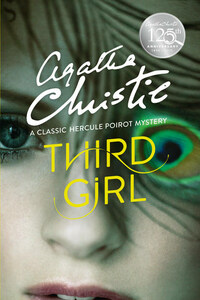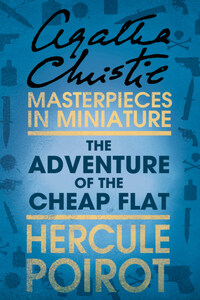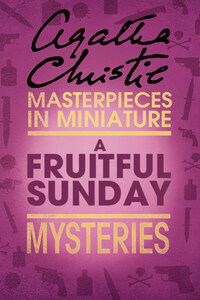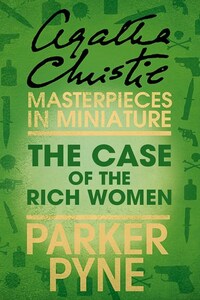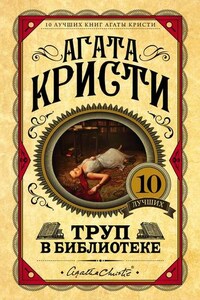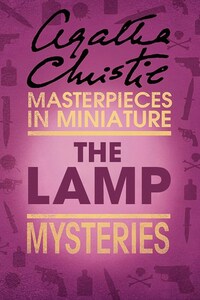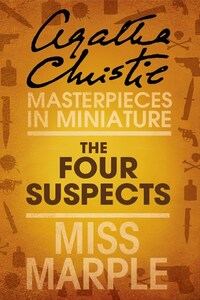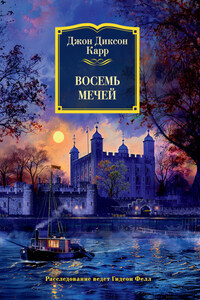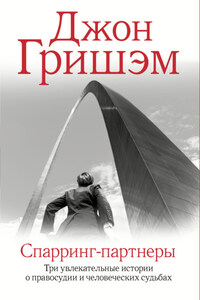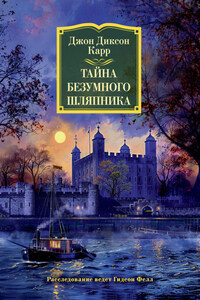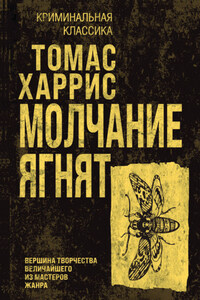Published by HarperCollinsPublishers Ltd
1 London Bridge Street
London SE1 9GF
www.harpercollins.co.uk
First published in Great Britain by
Collins 1966
Agatha Christie® Poirot® Third Girl™
Copyright © 1966 Agatha Christie Limited. All rights reserved.
www.agathachristie.com
Cover design © HarperCollinsPublishers Ltd 2015
Title lettering by Ghost Design
Cover photograph © Morgan Norman/Gallery Stock
Agatha Christie asserts the moral right to be identified as the author of this work.
A catalogue copy of this book is available from the British Library.
This novel is entirely a work of fiction. The names, characters and incidents portrayed in it are the work of the author’s imagination. Any resemblance to actual persons, living or dead, events or localities is entirely coincidental.
All rights reserved under International and Pan-American Copyright Conventions. By payment of the required fees, you have been granted the non-exclusive, non-transferable right to access and read the text of this e-book on screen. No part of this text may be reproduced, transmitted, down-loaded, decompiled, reverse engineered, or stored in or introduced into any information storage and retrieval system, in any form or by any means, whether electronic or mechanical, now known or hereinafter invented, without the express written permission of HarperCollins.
Source ISBN: 9780008129606
Ebook Edition © September 2015 ISBN: 9780007422869
Version: 2017-04-13
Hercule Poirot was sitting at the breakfast table. At his right hand was a steaming cup of chocolate. He had always had a sweet tooth. To accompany the chocolate was a brioche. It went agreeably with chocolate. He nodded his approval. This was from the fourth shop he had tried. It was a Danish pâtisserie but infinitely superior to the so-called French one nearby. That had been nothing less than a fraud.
He was satisfied gastronomically. His stomach was at peace. His mind also was at peace, perhaps somewhat too much so. He had finished his Magnum Opus, an analysis of great writers of detective fiction. He had dared to speak scathingly of Edgar Allan Poe, he had complained of the lack of method or order in the romantic outpourings of Wilkie Collins, had lauded to the skies two American authors who were practically unknown, and had in various other ways given honour where honour was due and sternly withheld it where he considered it was not. He had seen the volume through the press, had looked upon the results and, apart from a really incredible number of printer’s errors, pronounced that it was good. He had enjoyed this literary achievement and enjoyed the vast amount of reading he had had to do, had enjoyed snorting with disgust as he flung a book across the floor (though always remembering to rise, pick it up and dispose of it tidily in the waste-paper basket) and had enjoyed appreciatively nodding his head on the rare occasions when such approval was justified.
And now? He had had a pleasant interlude of relaxation, very necessary after his intellectual labour. But one could not relax for ever, one had to go on to the next thing. Unfortunately he had no idea what the next thing might be. Some further literary accomplishment? He thought not. Do a thing well then leave it alone. That was his maxim. The truth of the matter was, he was bored. All this strenuous mental activity in which he had been indulging—there had been too much of it. It had got him into bad habits, it had made him restless…
Vexatious! He shook his head and took another sip of chocolate.
The door opened and his well-trained servant, George, entered. His manner was deferential and slightly apologetic. He coughed and murmured, ‘A—’ he paused, ‘—a—young lady has called.’
Poirot looked at him with surprise and mild distaste.
‘I do not see people at this hour,’ he said reprovingly.
‘No, sir,’ agreed George.
Master and servant looked at each other. Communication was sometimes fraught with difficulties for them. By inflexion or innuendo or a certain choice of words George would signify that there was something that might be elicited if the right question was asked. Poirot considered what the right question in this case might be.
‘She is good-looking, this young lady?’ he inquired carefully.
‘In my view—no, sir, but there is no accounting for tastes.’
Poirot considered his reply. He remembered the slight pause that George had made before the phrase—young lady. George was a delicate social recorder. He had been uncertain of the visitor’s status but had given her the benefit of the doubt.
‘You are of the opinion that she is a young lady rather than, let us say, a young person?’
‘I think so, sir, though it is not always easy to tell nowadays.’ George spoke with genuine regret.
